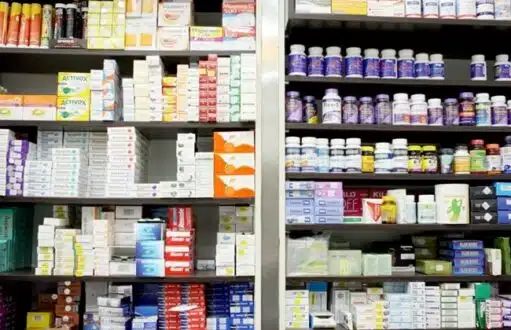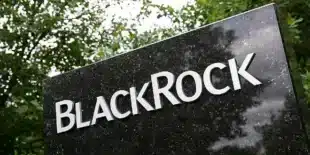In 2020, Lebanon’s Central Bank (Banque du Liban, BDL) announced it would end its subsidies on basic commodities, triggering fears of a dramatic rise in prices. Economists and consumer protection groups warned that prices could soar by as much as 400% if alternative measures are not implemented. The subsidies, which had provided essential goods at lower prices by offering importers dollars at favorable rates, were critical in a country where over half the population lives below the poverty line.
The subsidies program had been in place since May 2019 to stabilize prices amid an ongoing economic crisis. However, due to dwindling foreign currency reserves, the Central Bank struggled to maintain the program. Importers reported significant delays in receiving payments from the BDL, causing them to fund imports from their own resources, which created liquidity problems.
The end of subsidies is expected to exacerbate the economic hardship faced by Lebanese citizens, leading to increased prices for food and other essentials. The government has been considering alternatives, such as a $556 million ration card program, to mitigate the impact on vulnerable households. Despite these efforts, the situation remains critical, with many fearing that the removal of subsidies will further destabilize the country’s already fragile economy.


